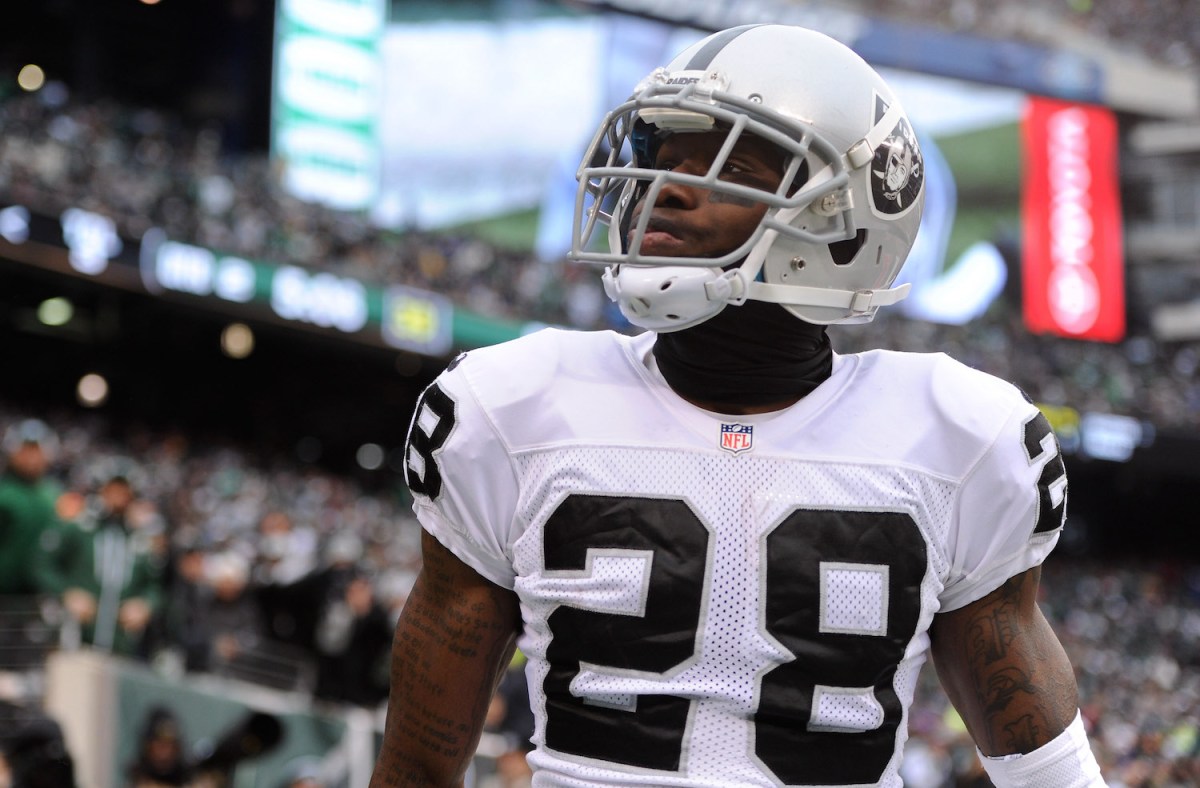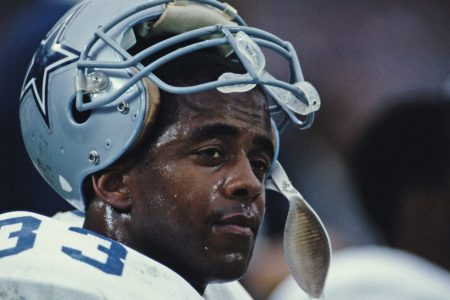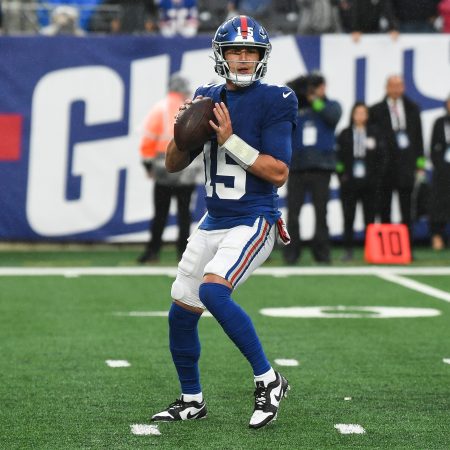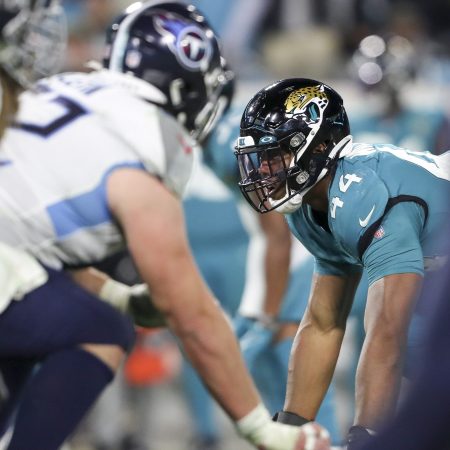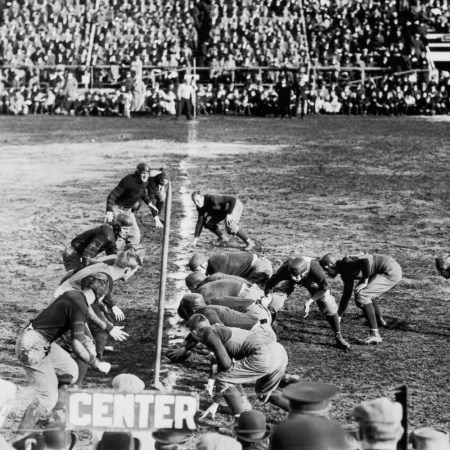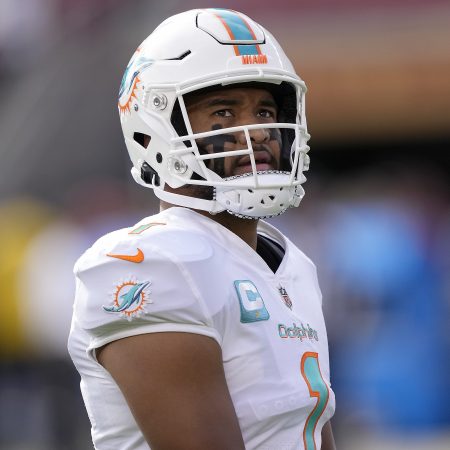On April 8, 2021, former NFL player Phillip Adams fatally shot six people in Rock Hill, South Carolina, before turning his gun on himself and taking his own life. Now, Adams’ father, Alonzo Adams, is suing his son’s alma mater, South Carolina State University, over what he believes was inadequate treatment of his son’s head trauma.
In a wrongful death lawsuit filed March 31, Adams says the school “did not follow safety protocols or properly train employees to treat the sustained head trauma that his son suffered” while playing football at the college between 2006 and 2009, the Associated Press reports. He charges the school with “negligence, carelessness, recklessness, willfulness, and wantonness,” all of which Adams says contributed to his son’s death after the mass shooting.
Cowboys Great Tony Dorsett Puts Face on NFL CTE Crisis
New York Daily News series shows scale of impact of brain trauma on former players.Per the AP, the complaint also mentions multiple head traumas Phillip Adams dealt with during his NFL career, including two in the span of three games while playing with the Oakland Raiders in 2012. Upon his death, an autopsy revealed Adams lived with an “unusually severe level” of chronic traumatic encephalopathy (CTE). According to the doctor who administered the autopsy, the severity of Adams’s CTE bore a resemblance to that of former NFL player Aaron Hernandez, who also took his own life in prison while serving a sentence for murder. The doctor said both Adams and Hernandez were living with Stage 2 CTE, which is believed to cause aggression, impulsivity, explosivity, depression, paranoia, anxiety, poor executive function and memory loss.
“The local coroner has said the family told investigators that Adams complained of excruciating injury-related pain, had issues with his memory and struggled to sleep,” the AP reports. “His sister told USA Today after the killings that the family had noticed concerning signs of rapidly deteriorating mental health like an escalating temper and lack of personal hygiene.”
Shortly after the killings, Alonzo Adams spoke with WCNC in Charlotte and said he believed his son’s football career played a role. “I can say he’s a good kid,” Adams said at the time. “I think the football messed him up.”
There have been many other former football players who acted violently against others and themselves in addition to Adams and Hernandez. Perhaps most famously, former NFL linebacker Junior Seau took his own life in 2012. Studies of his brain later revealed he, too, lived with CTE. In 2018, Seau’s children settled a wrongful death lawsuit with the NFL.
More than 4,500 former players filed a collective suit against the NFL in 2012, with “some accusing the league of fraud for its handling of concussions,” per an AP report. That suit’s original settlement included $675 million for compensatory claims for players with neurological symptoms, $75 million for baseline testing and $10 million for medical research and education. The cap was later removed and the NFL was also ordered to pay an additional $112 million to the players’ lawyers, for a total payout of more than $870 million.
“This is an extraordinary settlement for retired NFL players and their families – from those who suffer with neuro-cognitive illnesses today, to those who are currently healthy but fear they may develop symptoms decades into the future,” plaintiffs’ attorneys Sol Weiss and Christopher Seeger said in a statement.
Because Phillip Adams retired after 2014, he was not eligible for wellness testing mandated by the settlement, the AP wrote. Regarding his father’s suit against Adams’ alma mater, a South Carolina State University spokesperson said the school does not issue comment about ongoing legal matters.
The Charge will help you move better, think clearer and stay in the game longer. Subscribe to our wellness newsletter today.
